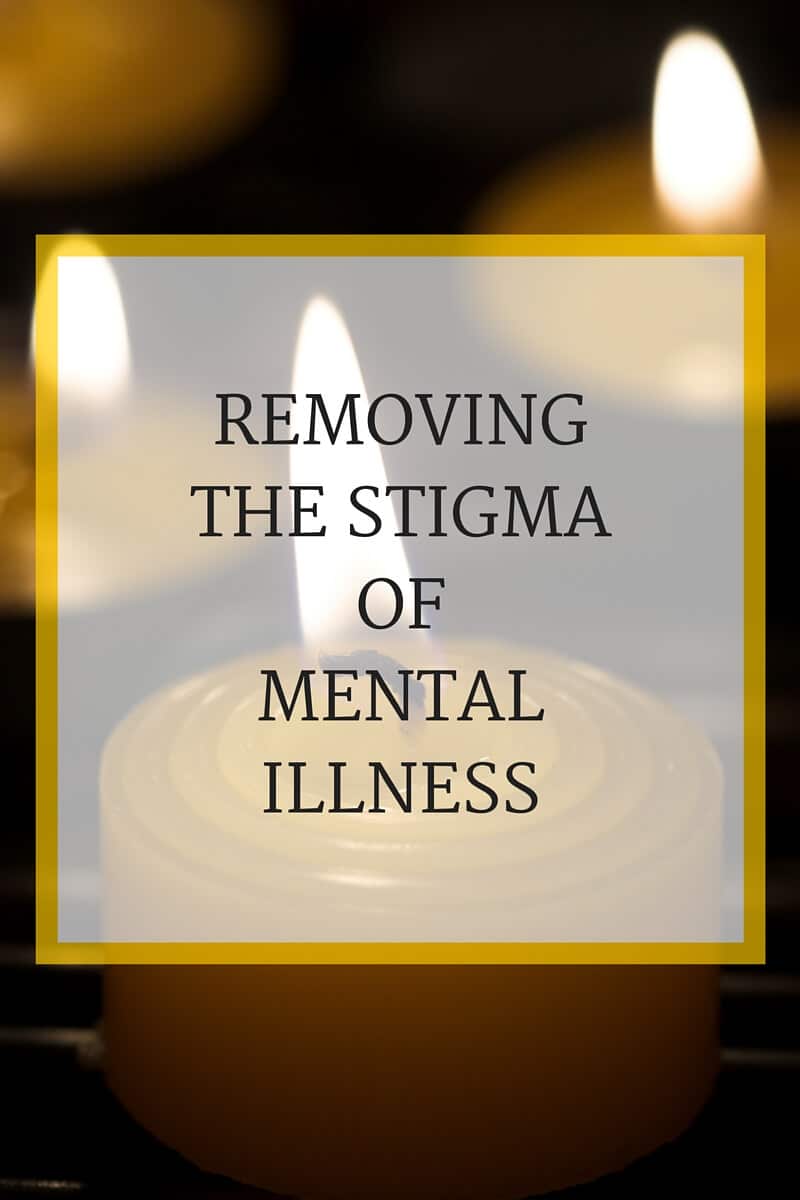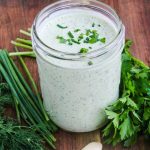This post is about removing the stigma of mental illness, an illness that affects 1 in 5 adults in America, and is the second leading cause of suicide in youths, ages 15-24.

We attended her memorial service this past weekend – the church was filled to the brim with people who had known her. Many of us wondered what we could have done to prevent her death, feeling guilty, sad, and in shock.
Her husband and close friends spoke of her beautiful and gentle disposition, her patience, her loving way, and how she always made you feel special by listening to everyone she spoke to. If we had just listened a little harder, would we have heard anything – an inkling that she was thinking about taking her own life?
What I admired most about her husband’s eulogy was his honesty in talking about his wife’s mental illness – telling those who attended the memorial service to seek treatment and take medication if you need, not to ignore the issue of mental illness. The next day, during church service, our pastor’s wife shared her personal struggle with depression and the importance of removing the stigma of mental illness. Her openness and honesty touched so many of us.
Many of us are still feeling raw after the death of our friend. I know I am.
After my friend’s death, I spoke to my kids about mental illness on college campuses. Mental illness is a huge issue on college campuses. A lot of students don’t want to seek help – the stigma of having mental illness is preventing them from coming forward and getting the help they need. How many of these kids will think about taking their own life instead of coming out and seeking help. This is a tragedy.
The loss of my friend has made me reflect on the conversations I had with her – could I have asked deeper, better questions or had deeper conversations that could have helped her. Could I have supported her in some way that would have helped. Should I have spent more time getting to know her better. There’s nothing I can do now for her, but I am certain there are others in my community, children and adults, that are suffering similar battles.
Slowing down, paying more attention, getting to know people on a deeper, more intimate level – these are the things I’m challenging myself to do.
Yes, I have lost a dear sister in Christ and it is so painful, but I have gained an appreciation for mental illness, and hope that through her death, that we as a community will address this issue head-on, not hide it under a rock, and seek closer, deeper relationships with one another. I think that’s what my friend would have wanted. Removing the stigma of mental illness can save lives.
For some facts on Mental Health, take a look at this infographic on children & teens and general infographic on mental health in America.










I’m so sorry for your loss – I really hope we are finally coming into an age where we can talk more opening about depression/mental illness and treat it like we do any other physical illness or disease.
I hope so too Deanna – the loss of our friend was devastating but I know there must be so many more people going through tough times without us being aware. My hope is that we face mental health issues straight on and as you said, treat it like any other physical illness or disease.
My sincere condolences on the loss of your dear friend.
Thank you, I appreciate your kind thoughts.
I am sorry for your loss -mental illness affects too many people today. I have been interested in the current research linking the PH of the gut bacteria )micro biome) to brain With statistics of 90% of serotonin is made in your digestive tract I am wondering if you have recipes to help promote the growth of good ‘gut bacteria’? Highly alkaline gut (which can come from excessive antibiotics,…) provide breeding ground for bad bacteria and suppression of good bacteria that need a more acidic environment. Thank you for any help/recipes you can provide
Hi Julie, I’ve done some reading on prebiotic (raw garlic, onions, raw asparagus, slightly underripe bananas) and probiotic foods (yogurt, fermented foods) that are good for a healthy gut.